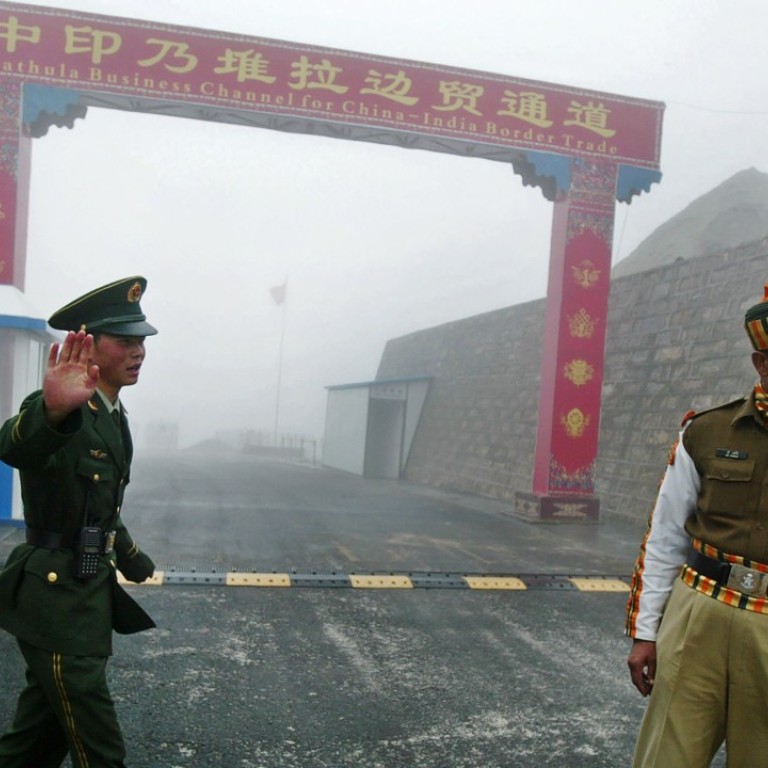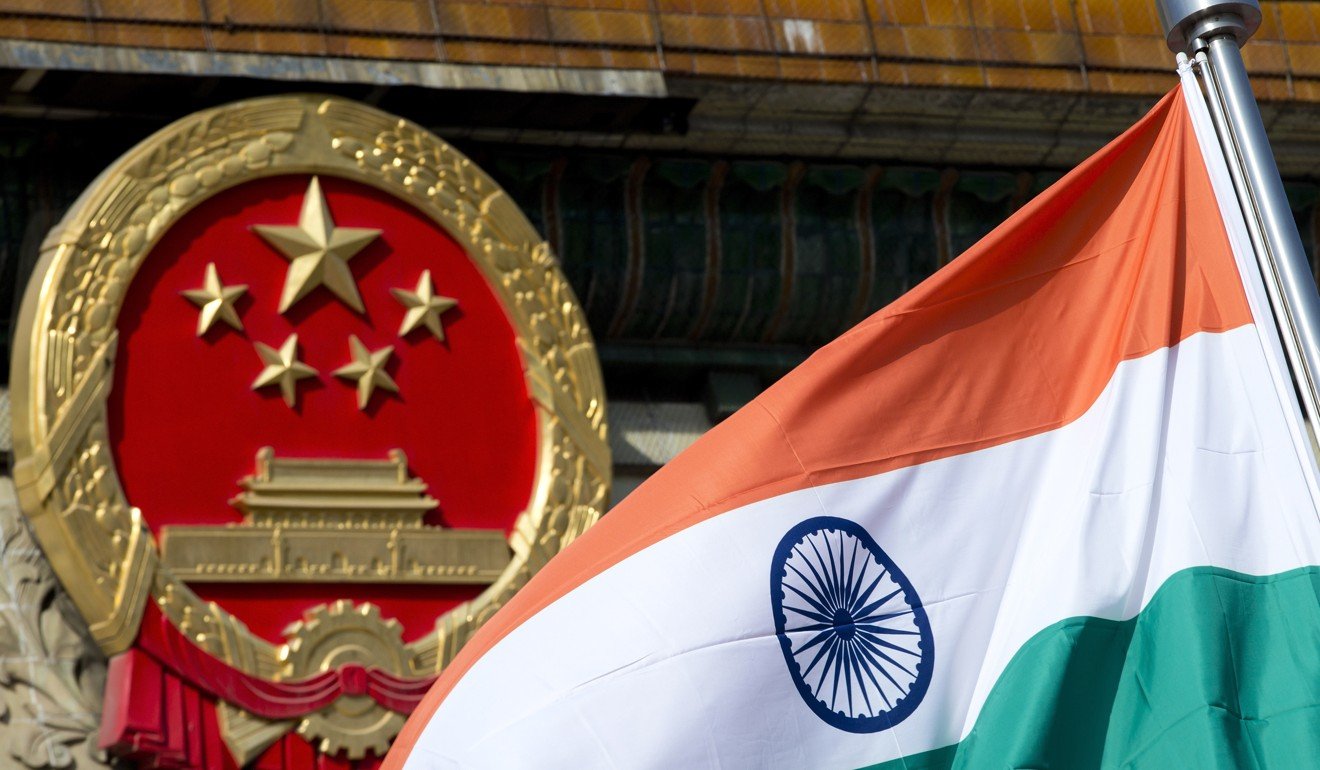
Are China-India trade ties turning sour amid border standoff?
China has complained about India opening an anti-dumping investigation into Chinese solar cell products in the latest trade friction between the two Asian giants amid a border standoff in the Himalayas.
China and India are two fastest-growing major economies, but trade turnover between the two countries fell in 2016. India started 12 cases against Chinese imports in the first half of this year, even more than the 11 cases the US is pursuing against Chinese imported goods, according to the Ministry of Commerce in Beijing.
The Chinese government is highly concerned about New Delhi’s decision last week to investigate the Chinese products for dumping, Wang Hejun, the director general of the commerce ministry’s trade relief bureau, said in a statement on Tuesday.
The statement said the solar power industry in India has witnessed rapid growth over the past three years, partly because of good quality and affordable cells from China.
India’s move to restrict Chinese imports would “hurt India’s solar power industry and the realisation of its renewable energy targets”, it added.
“All countries should not ... misuse trade relief measures to distort normal trade relations,” the statement said.

India exported about US$9 billion worth of products to China last year, but imported US$60 billion, generating a trade deficit of US$51.7 billion, according to Indian government data.
Zhang Jiadong, a researcher at Fudan University in Shanghai who studies China’s trade with Asian countries, said the trade imbalance was a major political issue in India and it was often cited to fan populist sentiment against Beijing.
“Many anti-dumping cases were launched under domestic pressure … in some case it was even elevated into political intervention. For instance, the India government once ordered domestic consumption of Indian steel,” he said.
The Chinese commerce ministry is trying to play up trade ties within the BRICS nations, namely Brazil, Russia, India, China and South Africa.
Despite the complaints about India’s investigation into solar cells, the ministry held a press briefing on Tuesday about the BRICS trade ministers gathering in Shanghai next week.
Wang Shouwen, a deputy minister at the ministry, told reporters: “BRICS countries have very different natural endowments and comparative advantages with vast prospects for economic and trade cooperation.”
The picture on the ground, however, is less rosy.
Li Lin, a lawyer at the Beijing-based law firm Jincheng Tongda & Neal who has represented Chinese clients in a number of Indian anti-dumping cases, said Chinese defendants always lose in Indian cases partly because of murky investigation and arbitration processes in India.
“Some of the rulings’ evidence are not fully disclosed, such as the fair price in India cited for comparison with imported Chinese products,” he said. “We don’t know how they calculate it.”

